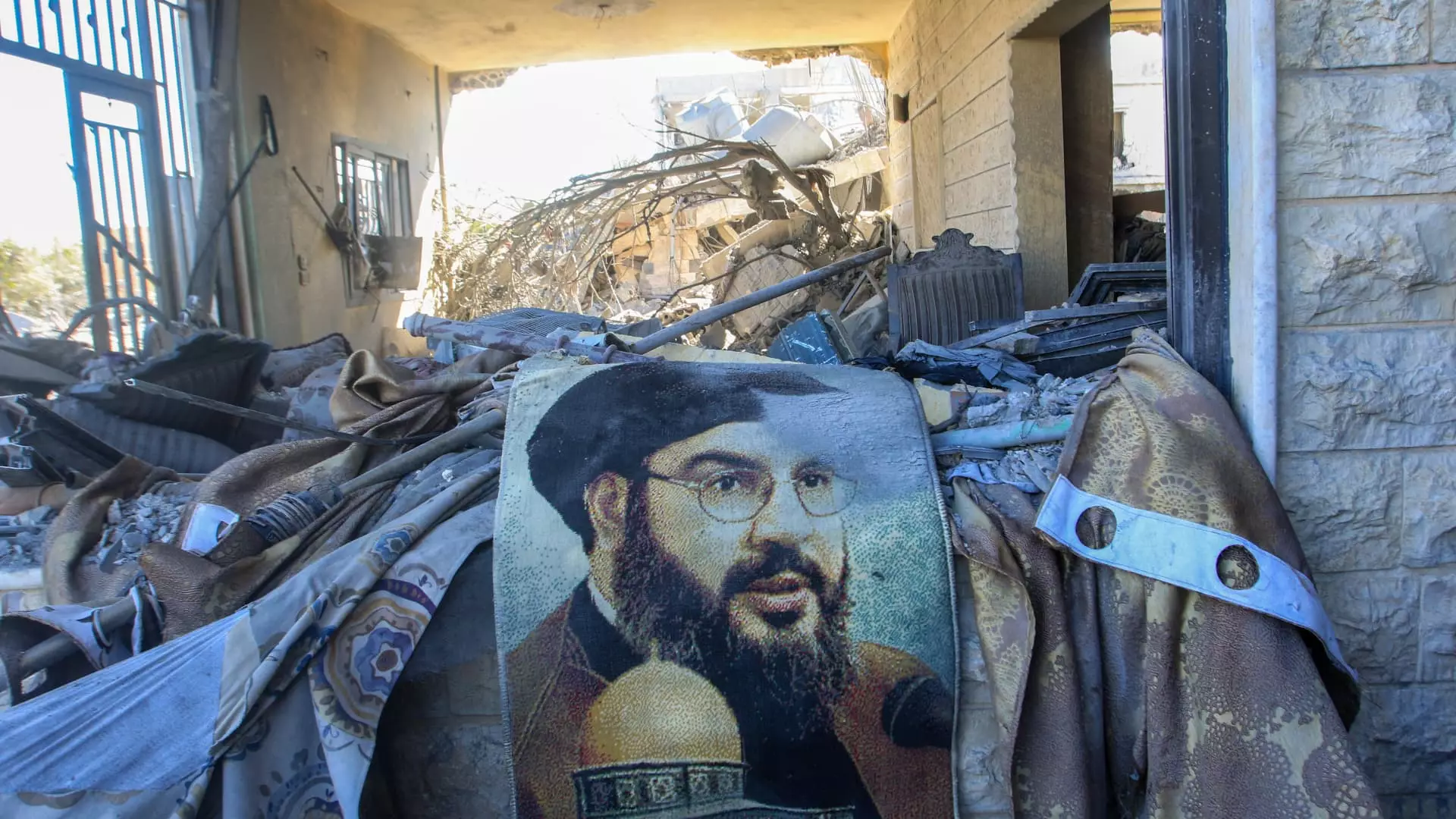The ongoing conflict between Israel and Hezbollah has recently intensified, marked by targeted airstrikes aimed at key figures within the Lebanese militant organization. Following the death of prominent Hezbollah leader Sayyed Hassan Nasrallah, Israeli military operations have escalated significantly, raising concerns over the future of Hezbollah’s leadership and the stability of the region. This article explores the recent developments surrounding Hashem Safieddine, the potential successor to Nasrallah, and the broader implications of Israel’s strategic maneuvers within Lebanon.
Targeting Leadership: The Case of Hashem Safieddine
Reports have emerged indicating that Hashem Safieddine, widely considered a likely successor to Nasrallah, has gone missing following an Israeli airstrike. The Lebanese security sources disclosed that an air raid late on Thursday targeted an underground bunker believed to house Safieddine, resulting in severe disruptions for rescue operations in the affected area. In the wake of this strike, Israeli military officials stated that they were assessing the extent of the damage inflicted on Hezbollah’s intelligence apparatus. The loss of such a high-profile figure within the organization could further destabilize Hezbollah’s already weakened structure, especially given the context of ongoing airstrikes that have decimated its leadership in recent months.
Widespread Destruction: The Bombardment of Dahiyeh and Beyond
The neighborhoods of Dahiyeh in southern Beirut have become the epicenter of Israel’s relentless bombing campaign. Once bustling and vibrant, the area now stands largely in ruins, forcing residents to flee toward safer locales. Multiple airstrikes have been reported, with smoke rising above the remnants of a community that served as a stronghold for Hezbollah. The Lebanese populace is enduring not only the physical destruction of their neighborhoods but also the psychological torment that comes with such pervasive violence. With a quarter of Lebanon’s population displaced amid ongoing turmoil, the humanitarian crisis is set to deepen.
Israel’s military operations weren’t confined to the southern suburbs; the strategic shift extended to northern cities like Tripoli. A recent airstrike on a Palestinian refugee camp resulted in catastrophic loss of life, including that of a Hamas leader and his family. This marks a significant escalation in Israel’s military endeavors, which now appear to encompass a broader array of targets, including Palestinian groups operating within the Lebanese landscape. As tensions rise, the potential for wider regional strife looms, threatening to engulf neighboring communities and exacerbate the already volatile atmosphere.
As the conflict escalates, reactions from various global leaders and organizations are being closely monitored. The U.S. administration has urged caution, advising Israel to consider alternative strategies rather than resorting to direct military strikes on Iranian oil facilities. Such a stance reflects a growing concern over the potential outbreak of larger regional hostilities, especially as Iran remains a crucial ally of both Hezbollah and Hamas. Recent missile strikes launched from Iranian territory further underline the fragile nature of stability in the region and prompt questions about the limits of military engagement and the potential for diplomatic solutions.
The ongoing series of airstrikes and retaliatory actions across Lebanon illustrates the precarious nature of peace in the region. The targeting of key figures within Hezbollah, the collateral damage suffered by civilians, and the rising humanitarian crisis paint a grim picture of the current situation. As both Israel and Hezbollah grapple with their next moves, the ramifications extend far beyond national borders, implicating regional powers and international stakeholders alike. Analysts and observers are left to ponder whether this cycle of violence can be alleviated through negotiations and political discourse or whether military escalation will lead to further discord in an already tumultuous landscape. The coming weeks will be critical in determining the trajectory of this conflict and its implications for Lebanon and the broader Middle Eastern region.

Leave a Reply